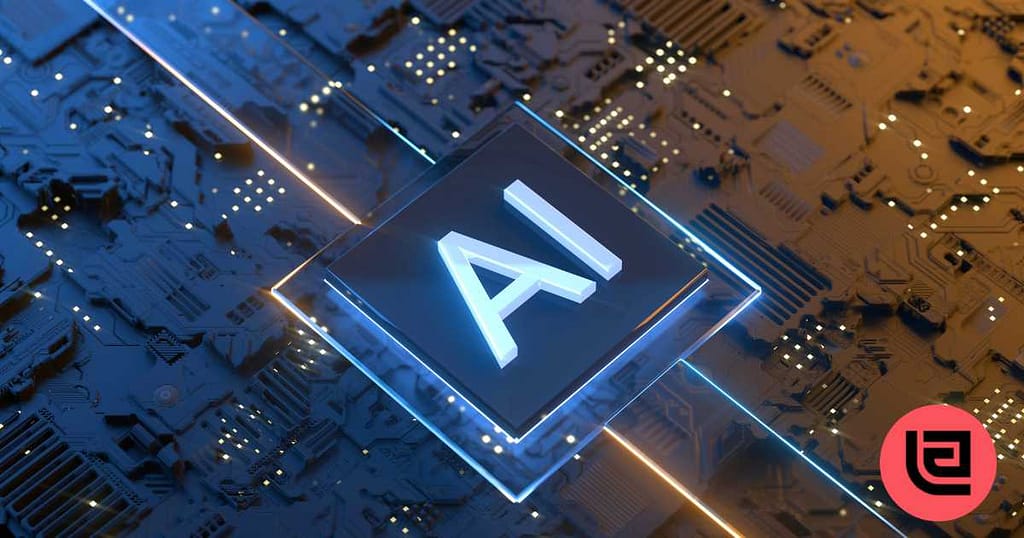Exclusive Web Stories)– Augmented Intelligence vs Artificial Intelligence
- In a world that constantly evolves with technological advancements, the terms “augmented intelligence” and “artificial intelligence” often surface in discussions about the future of technology and its impact on our lives.
- Both concepts sound similar, but they represent distinct approaches to enhancing human capabilities and decision-making.
In this article, we will delve into the differences and similarities between augmented intelligence (AI) and artificial intelligence (AI), exploring their roles, applications, and potential implications for various industries.
Also Read
How Artificial Intelligence Will Affect the Future of Retailing – Powerful Research
Understanding Artificial Intelligence (AI)

The Foundation of AI
- The goal of the field of computer science known as artificial intelligence, or AI for short, is to build machines that can emulate human intelligence.
- It focuses on building systems that can learn from data, adapt to new information, and make decisions or solve problems without explicit programming.
AI in Everyday Life
- AI applications have become part of our daily lives, from voice-activated virtual assistants like Siri and Alexa to recommendation algorithms on streaming platforms.
- These systems analyze data to understand user preferences and provide personalized experiences.
Also Read
See How Will Quantum Computing Affect Artificial Intelligence Applications
The Rise of Augmented Intelligence (AI)

Augmenting Human Abilities
- Augmented Intelligence, on the other hand, seeks to enhance human intelligence rather than replace it.
- It emphasizes the collaboration between humans and machines, leveraging AI to improve decision-making and problem-solving.
Real-World Applications
- Augmented Intelligence finds applications in various sectors.
- For instance, in healthcare, it assists doctors in diagnosing diseases more accurately by analyzing medical data.
- In finance, it helps traders make informed investment decisions by processing vast amounts of financial information.
Also Read
Introducing Artificial Intelligence In Contract Management For Better Accuracy
Key Differences
Now, let’s highlight some key differences between augmented intelligence and artificial intelligence:
1. Purpose
- AI: AI aims to replace or replicate human intelligence.
- Augmented Intelligence: Augmented intelligence focuses on enhancing human capabilities.
2. Collaboration
- AI: AI operates independently, often without human intervention.
- Augmented Intelligence: Augmented intelligence collaborates with humans, complementing their skills.
3. Decision-Making
- AI: AI makes decisions autonomously based on algorithms and data.
- Augmented Intelligence: Augmented intelligence supports human decision-making, providing insights and recommendations.
The Synergy of AI and Augmented Intelligence
- While AI and augmented intelligence have their unique roles, they are not mutually exclusive.
- Actually, they can effectively compliment each other.
- The future of technology and innovation lies in leveraging both approaches to maximize their potential.
Also Read
Moringa for Lung Cancer, How To Make Beneficial
Bottom Line:
In the evolving landscape of technology, understanding the distinctions between augmented intelligence and artificial intelligence is crucial.
While AI strives to replicate human intelligence, augmented intelligence seeks to enhance human abilities.
The collaboration between these two approaches promises a future where technology empowers us, making us smarter and more capable than ever before.